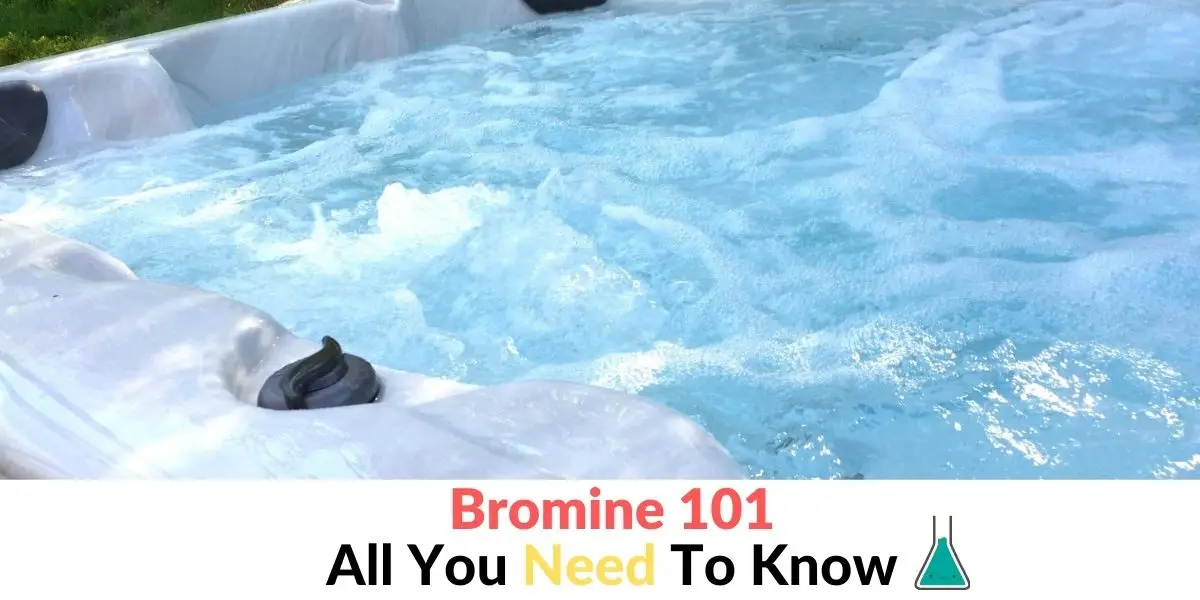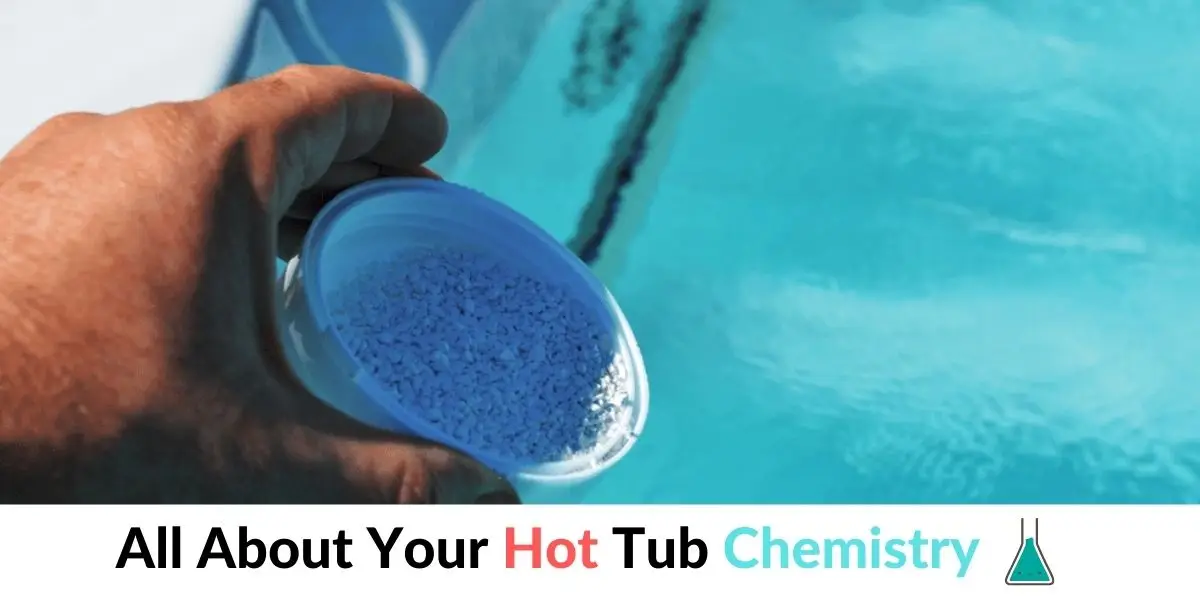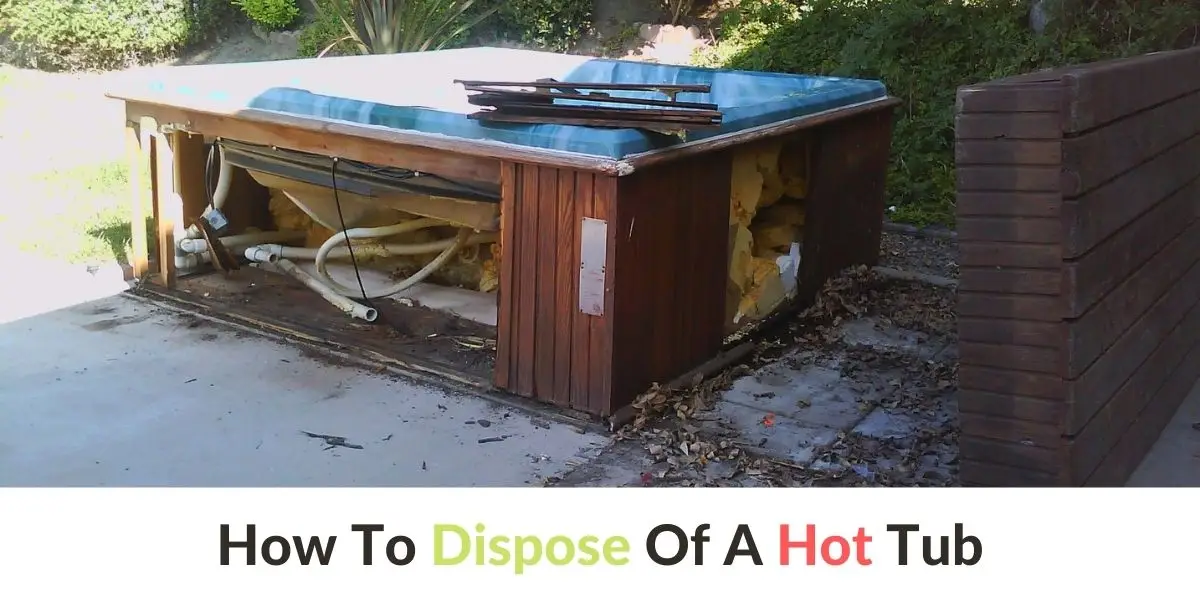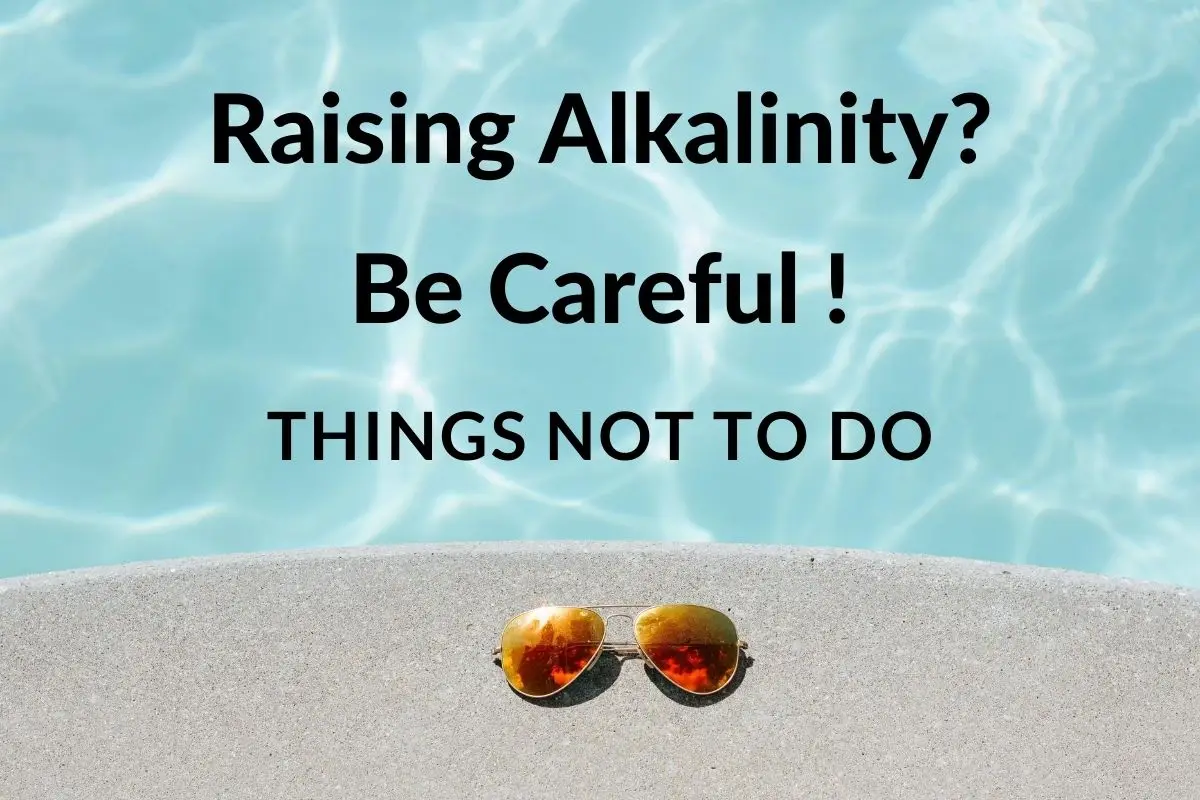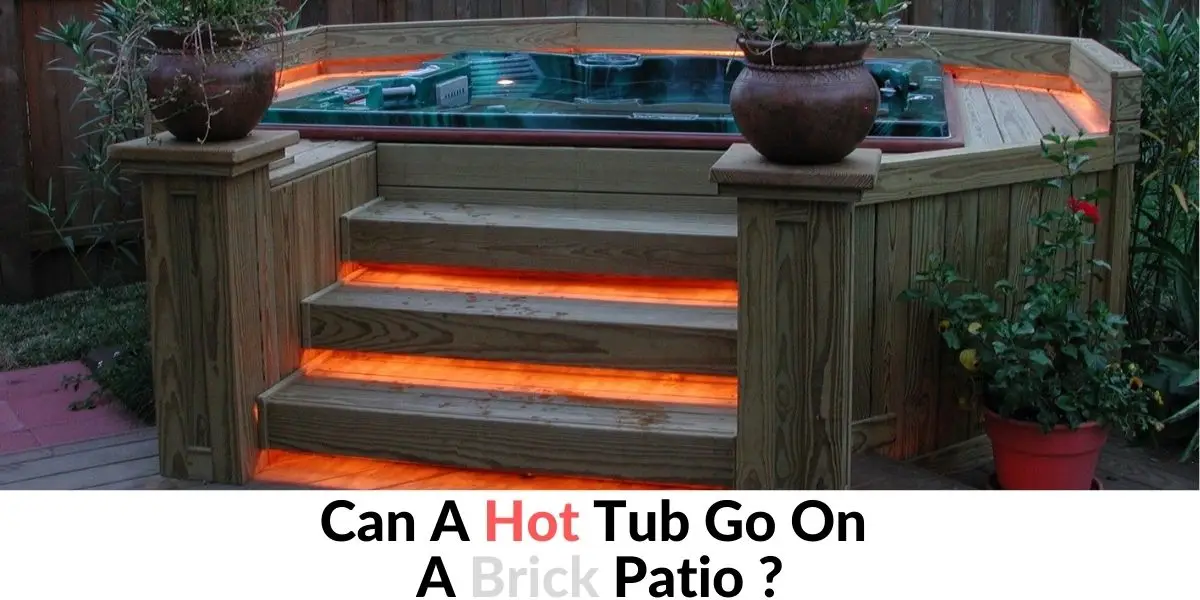Hot tubs and Baking soda – Do they mix?
Lets look at Hot tubs and Baking soda.
There are a few things that you should not mix with baking soda:
- Acidic substances: Baking soda is a base, and when it reacts with an acidic substance, it can produce gas. For this reason, you should not mix baking soda with substances such as vinegar, citrus juices, or hydrochloric acid.
- Certain chemicals: Baking soda can react with certain chemicals to produce dangerous or toxic substances. For example, mixing baking soda with bleach can produce chlorine gas, which is toxic and can cause respiratory problems.
- Certain medications: Baking soda can interfere with the effectiveness of certain medications, such as aspirin, and should not be taken at the same time.
In general, it is best to use baking soda on its own and not mix it with other substances. If you are unsure whether it is safe to mix baking soda with a particular substance, you should consult a healthcare professional or a qualified chemist for guidance.
Is it OK to mix baking soda and vinegar?
Baking soda (sodium bicarbonate) and vinegar (acetic acid) can be mixed together, but they will produce a chemical reaction that will create gas (carbon dioxide). This reaction can produce a lot of foam, so it is important to use caution when mixing baking soda and vinegar.
Baking soda and vinegar can be used together as a natural cleaning agent. The baking soda will help to scrub away dirt and grime, and the vinegar will help to kill bacteria and remove stains. To use this cleaning method, you can mix equal parts baking soda and vinegar in a bowl or spray bottle and apply the mixture to the surface you want to clean. Be sure to wear gloves and work in a well-ventilated area, as the vinegar can be harsh on the skin and the gas produced by the reaction can be irritating to the eyes and respiratory system.
It is generally not recommended to mix baking soda and vinegar in large quantities or in a confined space, as the reaction can produce a large amount of gas. If you are concerned about the reaction between baking soda and vinegar, you may want to use them separately or in smaller quantities.
Can I mix hydrogen peroxide and baking soda?
It is generally not recommended to mix hydrogen peroxide and baking soda together, as this can produce a chemical reaction that will create gas (oxygen). This reaction can produce a lot of foam, so it is important to use caution when mixing hydrogen peroxide and baking soda.
Hydrogen peroxide and baking soda can be used separately as cleaning agents. Hydrogen peroxide can be used to kill bacteria and remove stains, while baking soda can be used to scrub away dirt and grime. However, it is generally not recommended to mix the two substances together, as the reaction can produce a lot of foam and may be difficult to control.
If you want to use hydrogen peroxide and baking soda together as a cleaning agent, you can try mixing a small amount of baking soda with a small amount of hydrogen peroxide in a bowl or spray bottle. Be sure to wear gloves and work in a well-ventilated area, as hydrogen peroxide can be harsh on the skin and the gas produced by the reaction can be irritating to the eyes and respiratory system. If the mixture produces a lot of foam, you may want to dilute it with more water or use the substances separately.
What happens when you mix hot vinegar and baking soda?
When you mix hot vinegar (acetic acid) and baking soda (sodium bicarbonate), a chemical reaction will occur that will produce gas (carbon dioxide). This reaction can produce a lot of foam, so it is important to use caution when mixing hot vinegar and baking soda.
The reaction between hot vinegar and baking soda can produce heat, so it is important to be careful when handling the mixture. You may want to use a large, open container to mix the two substances, as the reaction can produce a lot of foam and may be difficult to control.
Baking soda and vinegar can be used together as a natural cleaning agent. The baking soda will help to scrub away dirt and grime, and the vinegar will help to kill bacteria and remove stains. To use this cleaning method, you can mix equal parts baking soda and vinegar in a bowl or spray bottle and apply the mixture to the surface you want to clean. Be sure to wear gloves and work in a well-ventilated area, as the vinegar can be harsh on the skin and the gas produced by the reaction can be irritating to the eyes and respiratory system.
It is generally not recommended to mix baking soda and vinegar in large quantities or in a confined space, as the reaction can produce a large amount of gas. If you are concerned about the reaction between baking soda and vinegar, you may want to use them separately or in smaller quantities.
How do you mix baking soda and vinegar without it exploding?
To mix baking soda and vinegar without it exploding:
- Use a large, open container to mix the baking soda and vinegar. This will allow the gas produced by the reaction to escape, reducing the risk of an explosion.
- Start with a small amount of baking soda and vinegar. You can gradually increase the amount of each ingredient as needed.
- Mix the baking soda and vinegar slowly, stirring gently to avoid creating a lot of foam.
- If the mixture starts to foam up excessively, stop adding ingredients and allow the foam to dissipate before continuing.
- Work in a well-ventilated area, as the gas produced by the reaction can be irritating to the eyes and respiratory system.
Baking soda and vinegar can be used together as a natural cleaning agent. The baking soda will help to scrub away dirt and grime, and the vinegar will help to kill bacteria and remove stains. To use this cleaning method, you can mix equal parts baking soda and vinegar in a bowl or spray bottle and apply the mixture to the surface you want to clean. Be sure to wear gloves and work in a well-ventilated area, as the vinegar can be harsh on the skin and the gas produced by the reaction can be irritating to the eyes and respiratory system.
It is generally not recommended to mix baking soda and vinegar in large quantities or in a confined space, as the reaction can produce a large amount of gas. If you are concerned about the reaction between baking soda and vinegar, you may want to use them separately or in smaller quantities.





